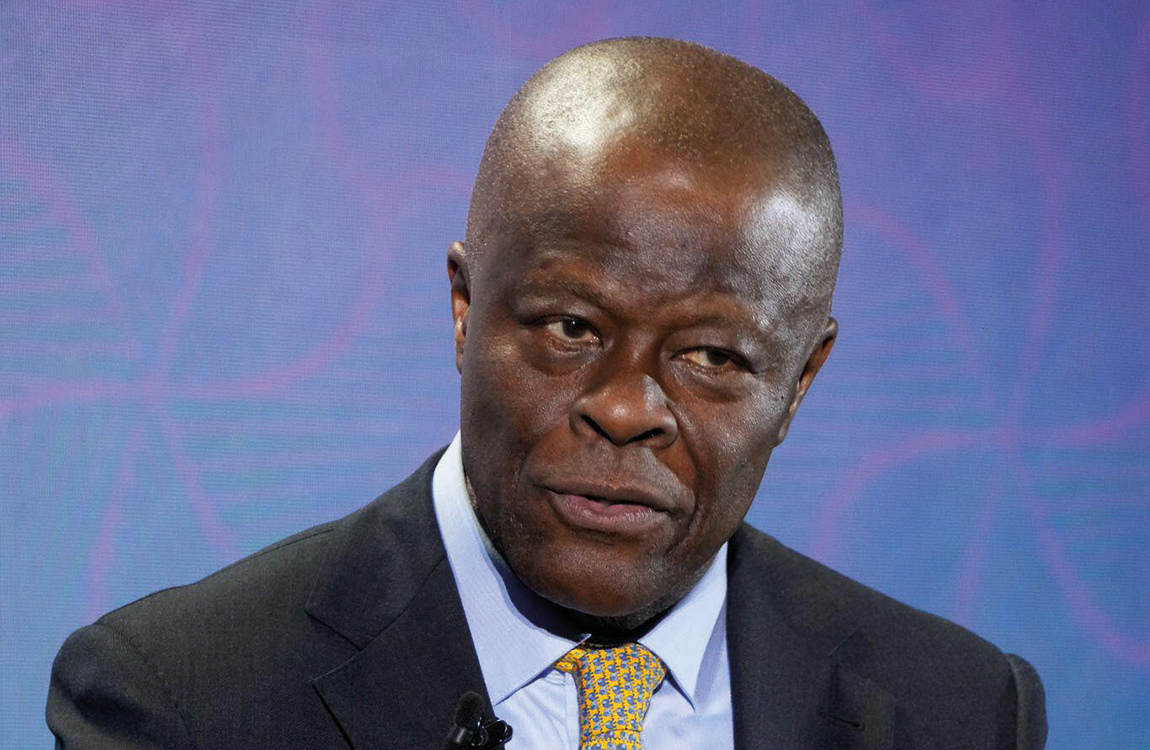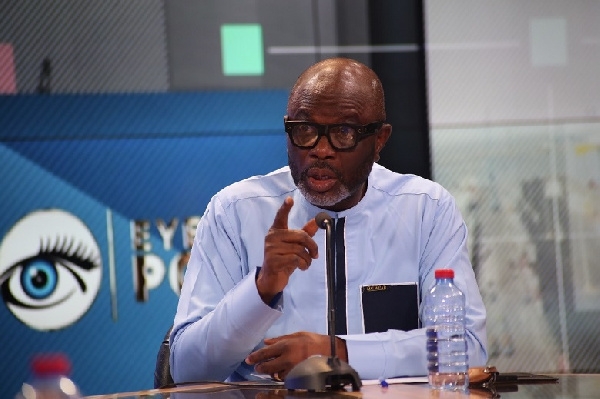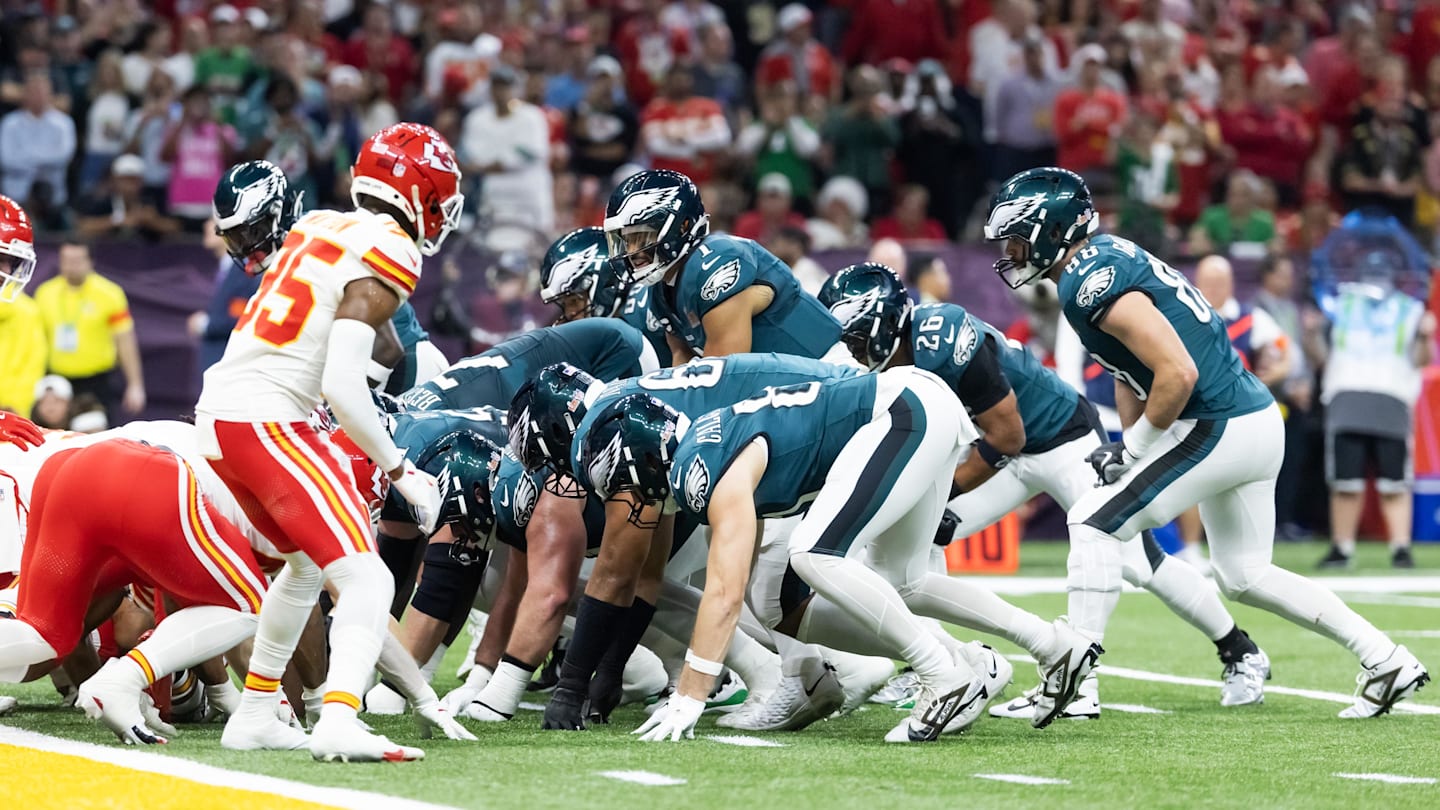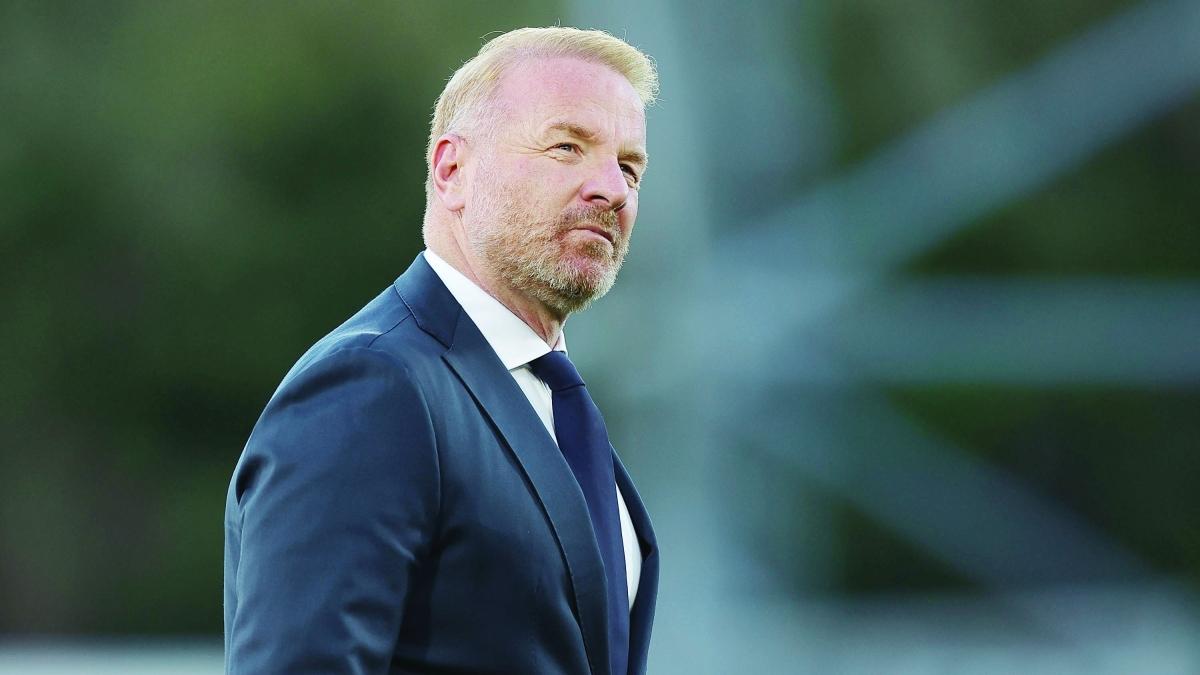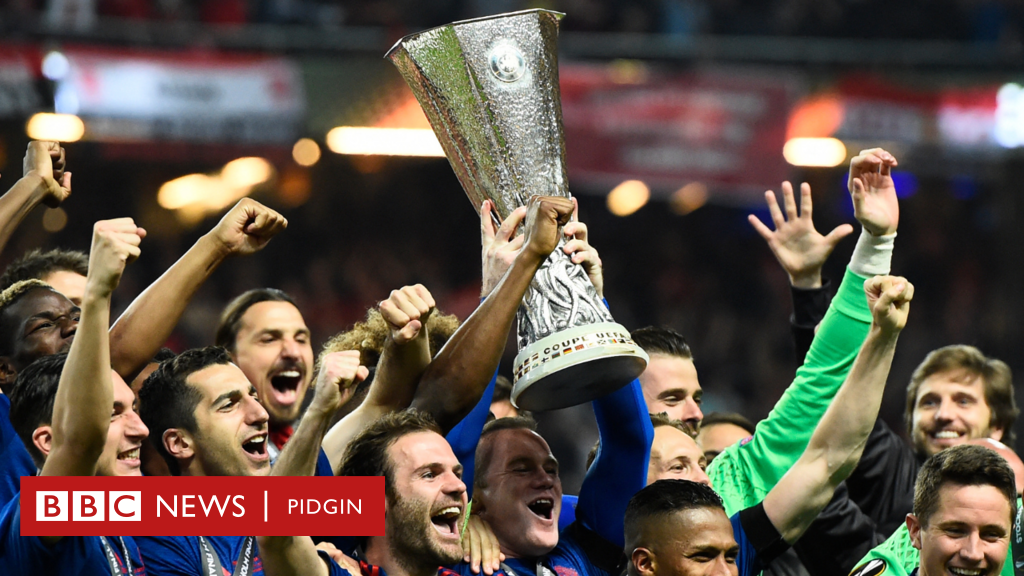UK, EU agree on relations 'reset' deal - Chinadaily.com.cn
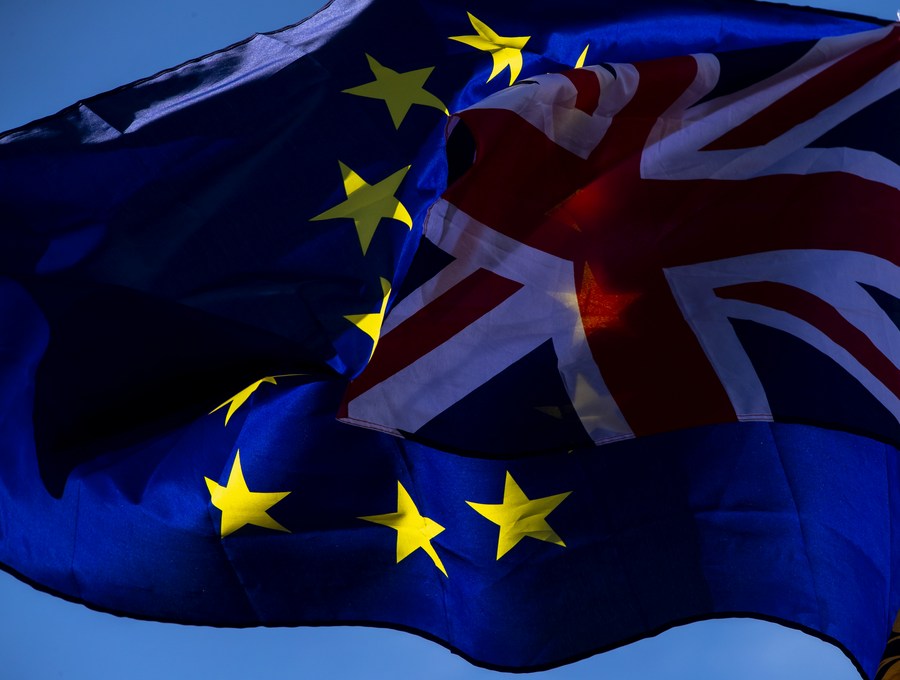
The United Kingdom and the European Union have agreed to the first reset of relations since the former's official exit from the trading bloc in January 2020. This came after months of negotiations that ended hours before the deadline.
European Commission President Ursula von der Leyen and other leading EU officials were in London on Monday for a summit with Prime Minister Keir Starmer after the negotiations concluded.
One of the last sticking points was the issue of EU boats' access to fishing grounds in UK territorial waters. The topic and the symbolism of EU boats catching fish in UK waters were major rallying points for the Leave campaign during the 2016 referendum on the UK's EU membership, despite the fishing industry only accounting for 0.4 percent of the nation's GDP.
The new deal calls for EU fishing boats to be given access to UK waters until 2038, and for both sides to more easily export farming products to each other, thanks to reduced checks. The change means the UK will be able to export raw burgers and sausages to the EU for the first time since 2020.
The two sides also inked a formal UK-EU defense and security pact through which they will cooperate on information-sharing and military procurement. And they will work on a youth experience program, through which young people will be able to travel more freely between the UK and the EU and vice versa.
The sides also agreed to let UK travelers use swift EU e-gates at airports. And UK pet owners will find it easier to take their pets to Europe with them, thanks to new pet passports.
Additionally, the UK and the EU will link their carbon markets, so taxes on carbon-intensive goods, including steel and cement, are avoided when shipping products between the two markets.
Opening the summit with EU chiefs in London, Starmer said it "marks a new era in our relationship… We are agreeing (on) a new strategic partnership fit for our times, providing real, tangible benefits".
Nick Thomas-Symonds, the UK minister responsible for post-Brexit relations with the EU, said the new agreement was "good for jobs, good for bills, good for borders and more … Britain (is) back on the world stage".
Rachel Reeves, the chancellor of the exchequer, told business leaders that the deal was "about bringing more good jobs to our country, it's about reducing prices in the shops for consumers, as your costs fall as businesses, and, crucially, it's about our defense partnership with our allies".
However, Kemi Badenoch, leader of the opposition Conservative Party, called it "very concerning". "We're becoming a rule-taker from Brussels once again," she said.


